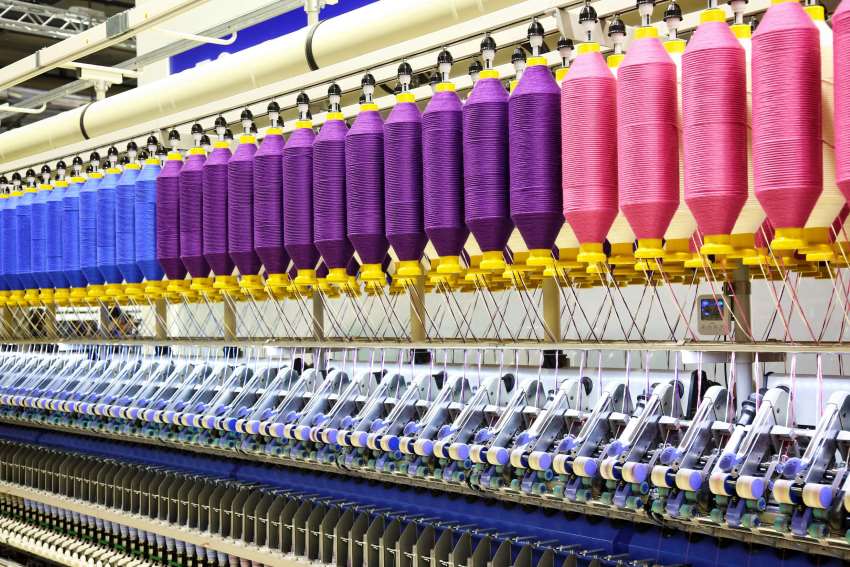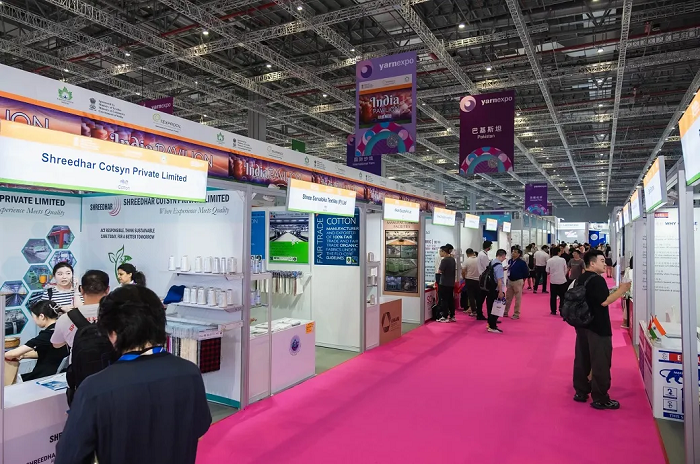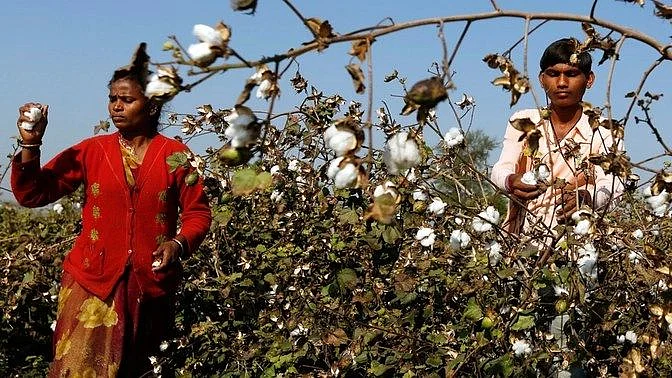In a bid to address a long-standing issue threatening the man-made fiber (MMF) textile industry, the Northern India Textile Mills Association (NITMA) has urged the Union Finance Minister and the GST Council to ensure a uniform GST rate of 5 per cent is levied on both Polyester Staple Fiber (PSF) and Polyester Staple Yarn (PSY), thus aligning them with the tax on fabrics and garments.
This change would eliminate the inverted duty anomaly, free up capital, and make the spinning industry financially sustainable, states Siddharth Khanna, President, NITMA.
A failure to act on this could lead to widespread factory shutdowns and job losses across the country, Khanna adds. He highlights, while the cotton value chain enjoys a uniform 5 per cent GST on all its products, the MMF sector faces disparate tax rates that create a significant imbalance. The current GST framework taxes PSF at 18 per cent, polyester spun yarn PSY)at 12 per cent, and MMF fabrics and garments at just 5 per cent. This misalignment means manufacturers get taxed more for their raw materials than for their finished products, leading to a financial logjam.
This structure is an existential threat to the industry, emphasizes Khanna. The high tax on raw materials like PSF forces companies to block a significant portion of their annual turnover in GST refunds, leading to high interest costs on locked capital and complex refund procedures. The tax on new capital investments is also hiked by 18 per cent, making it expensive to modernize. Moreover, imported yarns, which don't face this domestic tax structure, gain an unfair advantage, directly undermining the ‘Make in India’ initiative.












